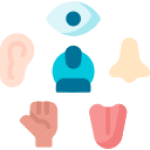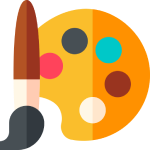
Practical Life Curriculum
Every child's initial area of interest is the Practical Life curriculum, which allows them to practice self-help skills. Since they see and try to imitate their parents, kids are attracted to performing activities like putting on clothes, cleaning, using devices etc. Learning useful skills that promote autonomous thought and action is a major focus of our teaching. Practical Life Curriculum focuses on four key development areas: Fine motor development, Self-care, Environmental care, and Grace and courtesy. We teach young children through different activities equipping them for practical applications in their day-to-day lives.





